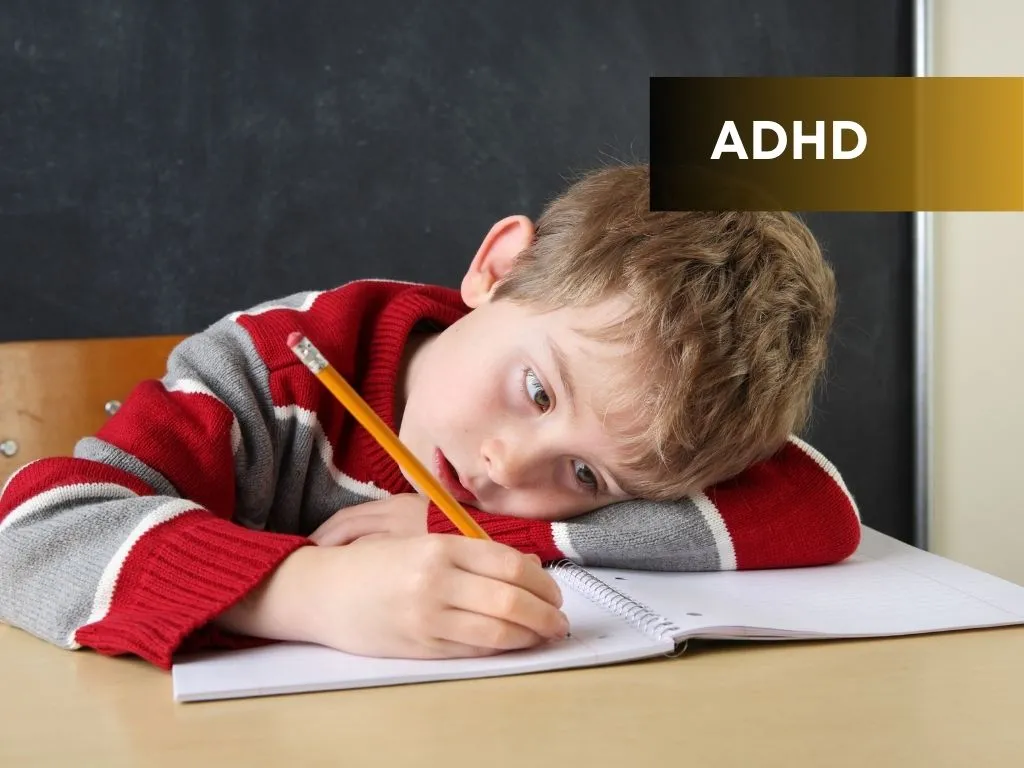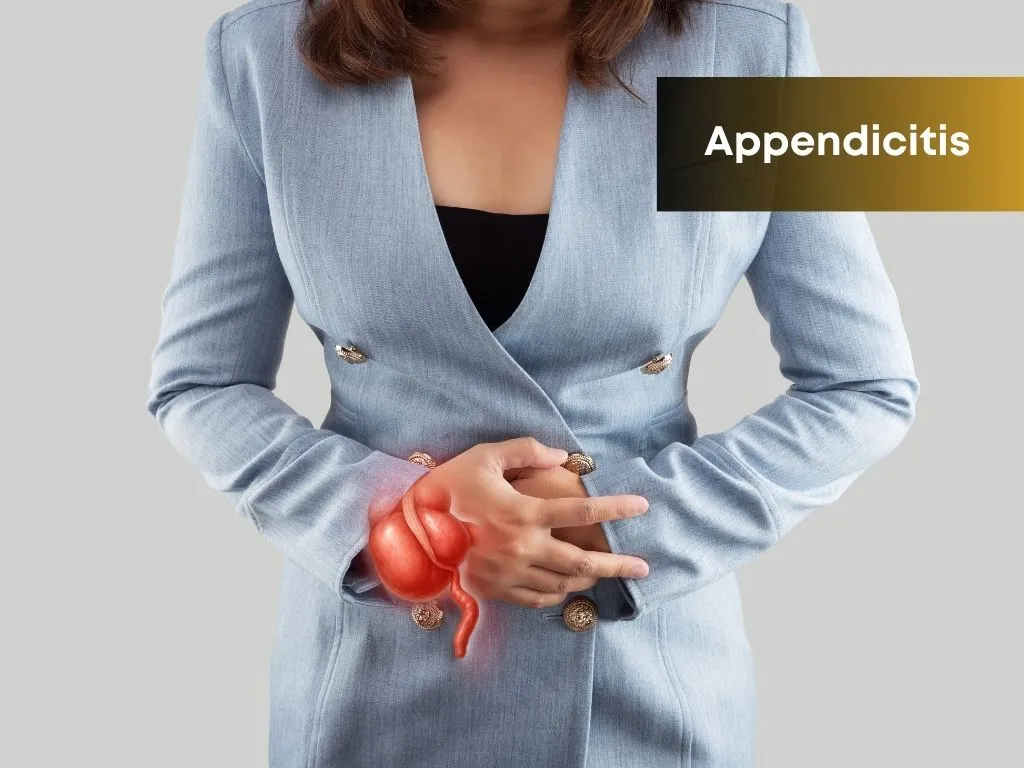Overview
Attention Deficit Hyperactivity Disorder (ADHD) is a neurodevelopmental disorder that affects both children and adults. It is characterized by persistent patterns of inattention, hyperactivity, and impulsivity that interfere with daily functioning and development across multiple settings, such as home, school, and work.
Causes
1. Genetic Factors
2. Neurological Factors
3. Environmental Factors
4. Developmental Factors
5. Psychosocial Factors
Symptoms
Inattention Symptoms:
Difficulty sustaining attention on tasks or activities, such as during conversations, lectures, or reading.Frequently making careless mistakes in schoolwork, work, or other activities.Difficulty organizing tasks and activities, such as keeping materials and belongings in order.Avoiding or strongly disliking tasks that require sustained mental effort, such as homework or paperwork.Frequently losing necessary items, such as keys, school supplies, or tools.Easily distracted by extraneous stimuli or unrelated thoughts.Forgetfulness in daily activities, such as forgetting appointments or obligations.
Hyperactivity and Impulsivity Symptoms:
Fidgeting or tapping hands or feet, squirming in seat.Difficulty staying seated in situations where it is expected, such as in the classroom or at the dinner table.Running or climbing excessively in situations where it is inappropriateDifficulty engaging in quiet leisure activities.Often "on the go" or acting as if "driven by a motor."Excessive talking, often blurting out answers before questions have been completed.Difficulty waiting one's turn in conversations or activities.Interrupting or intruding on others, such as butting into conversations or games.
Treatment: Modern Medicine
Pharmacological TreatmentsBehavioral InterventionsPsychoeducationNeurofeedback
Treatment: Traditional Medicine
Herbal RemediesNutritional Approaches
Caution
Consult with a Healthcare ProfessionalEvidence-based InformationIndividual VariationSafety ConcernsHolistic Approach
Prevention
Regular exercise and physical activityHealthy diet rich in fruits, vegetables, lean proteins, and omega-3 fatty acidsSufficient sleep and maintaining a consistent sleep scheduleStress-reduction techniques such as mindfulness, meditation, or yogaEstablishing routines and organization strategiesLimiting exposure to environmental toxins and allergensCreating a supportive and structured home and school environment
 Nalamaree Team
Nalamaree Team




















.jpg.webp)
